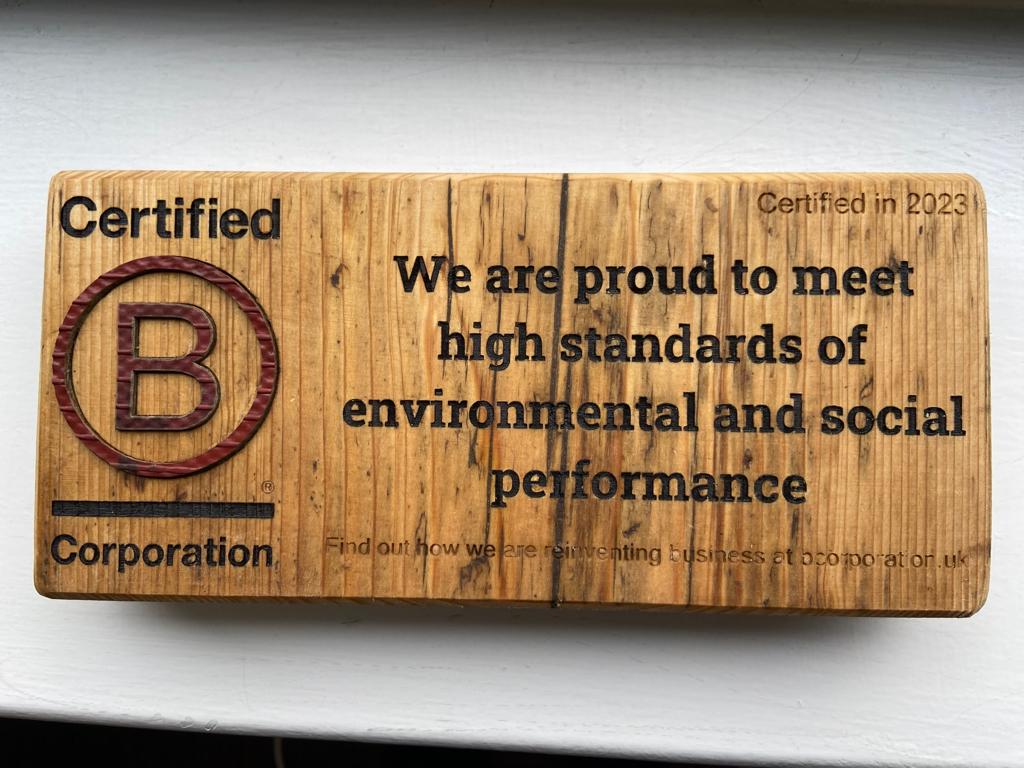The whole subject of work - life balance has quite rightly and understandably been raised to a much higher level in the face of the pandemic. However, one worrying feature in the debate has been its association with workplace culture, with the latter being viewed as merely ambiance, ethos and atmosphere. My fear here is that this vital element of organisational effectiveness will be shortly dismissed as a short-term fad, a flavour of the month.
The reality is that all organisations have a culture, or more accurately a range of cultures. Culture is not about ambiance primarily. Ambiance is just one tiny element, a symptom rather than a causal factor. Every organisation has a range of complex processes and practices which should enable it to deliver an end product to its customers competitively. Edgar Schein defines a group culture as:
“a pattern of shared basic assumptions that the group learned to solve its problems of external adaptation and internal integration that has worked well enough to be considered valid…”
In other words,
“culture change is all about optimising your processes to deliver your end product to the customer, achieving both customer delight and ongoing profitability.”
Restricting the debate to ambiance will divert it into the realms of happy-clappy land which will soon become forgotten as business returns to a new norm. And that new norm will not be that much different to the last one.
Why is this important? Business fails repeatedly, and in the UK we seem to be particularly susceptible here, due to a failure to accept that:
culture change is entirely down to the leaders and influencers of the organisation.
It is very little about external events or local conditions and customs. These are simply challenges that they are paid to overcome.
Going back to Edgar Schein, he argues that:
“Leaders create and change cultures, while managers and administrators live within them.”
He seems to be pointing very clearly where the responsibility for cultural improvement lies. The real difference between you as a manager and you as a leader.
So why I am exercised about the subject? There are a phenomenal number of dysfunctional cultures about and only real leaders can change that. The consensual model we appear to be currently prioritising, especially in the public sector, is moving away from culture towards reward and entitlement systems. Whilst not wishing to underestimate this important topic, unless our leaders and influencers embrace themselves in understanding and improving their cultural profiles, dysfunctionality and low productivity will continue.
This means understanding the prevailing or desired culture of the organisation and finding out whether it has permeated right across the organisation. Subcultures, particularly those associated with permanent shift systems or geographically separate units, can generate their own very different value system and behaviours which may make the integration and optimisation of processes very difficult.
To the technocrats or bureaucrats posing as leaders in our organisations, this may be challenging. It may be seen as taking them out of their comfort zone. It may also be seen as excessively long-term in businesses where performance is judged on artificial shorter time frames, like local government. It may not appeal to the priorities of local stakeholders such as councillors or financially obsessed non-executives. But it is the only way to overcome the inertia and poor performance which bedevils so many businesses.
Is there an answer? I believe there is and that’s all about training our current and prospective leaders in a much more holistic view of the world of work. It’s about teaching these people that technocracy is only half the job.
Sounds a bit like LEAD™ to me!
John J Oliver
If you are interested in finding out more about how we help our delegates to improve their leadership skills in order to develop themselves, their teams and their organisations, please get in touch with Jo Draper or Stewart Barnes.
Our next management development program for future leaders (LEADlight) starts in March and our next effective leadership program for senior leaders (LEAD™) starts in April.
Keep up-to-date on the latest leadership and management tips by signing up to our weekly blog here




